International Holocaust Remembrance Day: Nicholas Winton
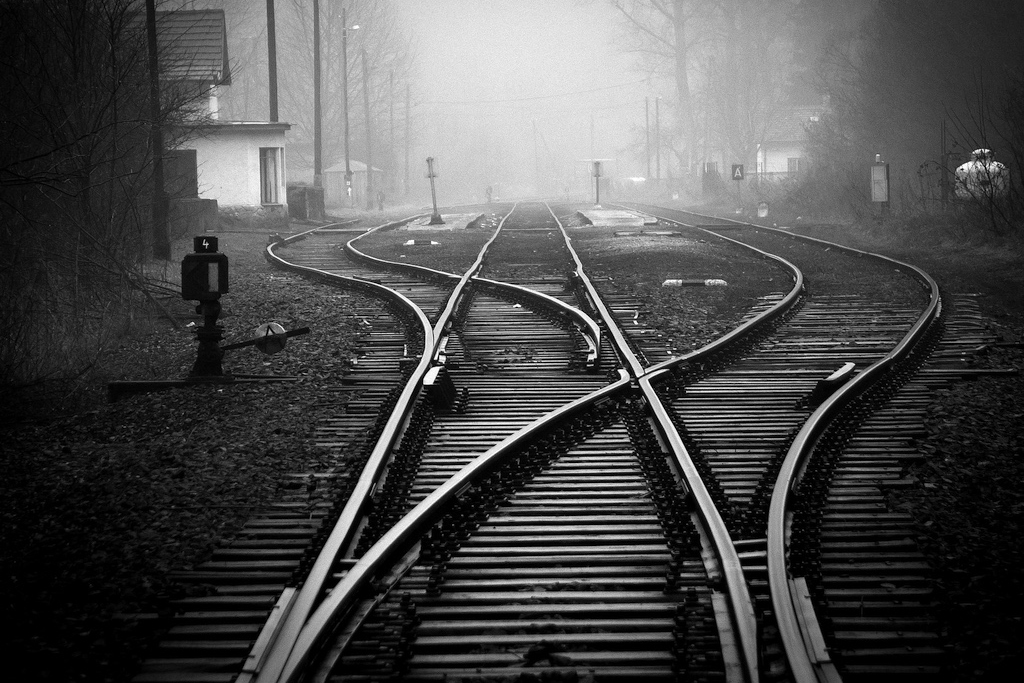
“I work on the motto that if something is not impossible, there must be a way to do it.”
– Sir Nicholas Winton
By October of 1938, the infamous Munich Agreement had been signed which resulted in the annexation of the Sudetenland, a region in the west of Czechoslovakia, to Germany. Later, in 1939 and especially in 1941, a number of labour camps were created throughout the country, designed for Jews, Slovaks, Romanians, and anyone else the Nazis had decided were the enemy. These camps had little insulation from the elements, only fires for heat and substandard amounts of food and water. Particularly in the winter, these conditions created an unhealthy environment, both mentally and physically. Fear was constant. These were the conditions Nicholas Winton would find when he arrived in Czechoslovakia.
Winton originally planned to be on a ski holiday with his friend from Prague. The trip was canceled by his friend, who then asked Winton to come to Prague and help in the camps. As Winton would later say, “I found children of the refugees and other groups of people who were enemies of Hitler weren’t being looked after.” He went on to say the “situation was heartbreaking.” The children he would save would later be known as “Nicholas’s children.” David Lux, one of these children, describes his first meeting with Winton. He didn’t know what to say to a man who saved his life, so he asked: “Why?” Winton answered that, when he saw the panic of those people trying to get out, he felt compelled to do something.
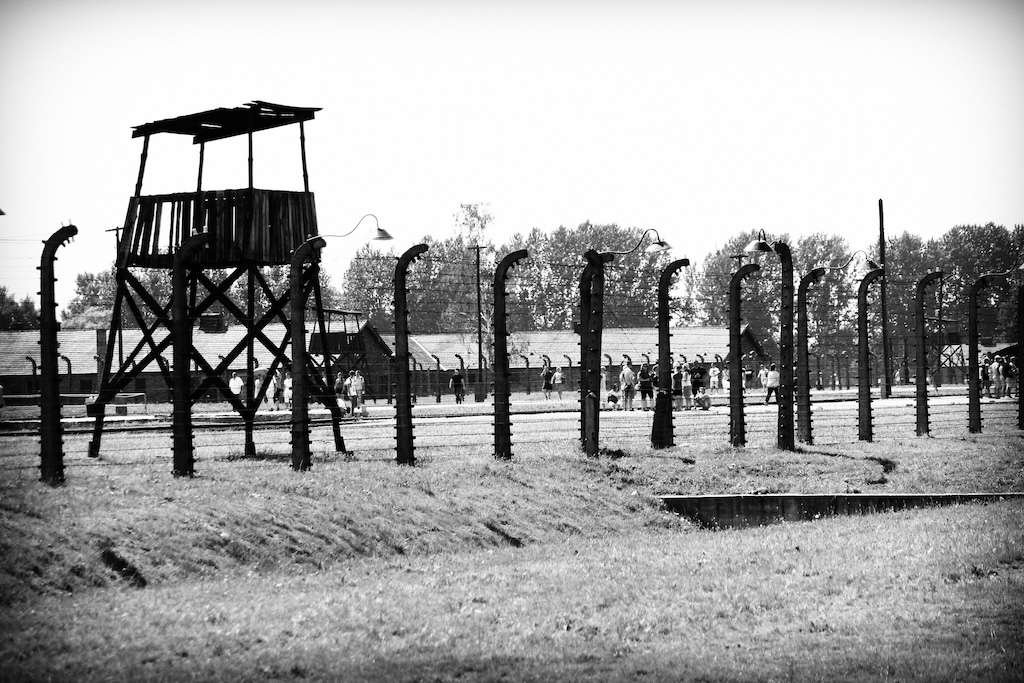
He was in Prague when the news of the Kristallnacht, the Nazi attack on the Jews in Germany, came out. On November 9th and 10th, Jewish shops, Synagogues, and homes were burned down. Over 30,000 Jewish men were arrested and sent to camps. This news created a sense of urgency in Nicholas and he quickly found out there was no organization working to help the children. He was told that if he “wanted to have a go, have a go.” And that he did.
He decided to think in large numbers since he felt the time was short. He began a massive writing campaign to get help. In the end, only two governments would allow any children to enter, Great Britain and Sweden. The Swedish situation is particularly interesting.
Early in his efforts, the Germans began to spy on Winton. Curious as to what he was doing, they arranged an “accidental” meeting between Nicholas and a beautiful young spy. In fact, in an interview later in life, he said “yes, she was beautiful. It is traditional for a spy to be beautiful, isn’t it? Who wants an ugly spy?” She was working with the Swedish Red Cross but was a know Nazi operative. They began seeing each other and even after he was told she was a spy, he continued to date her. It seems part of her cover was to assist in his efforts. Eventually, through her Red Cross connection, they were able to fly 25 children to Sweden. She even flew with the children. He never heard from her again.
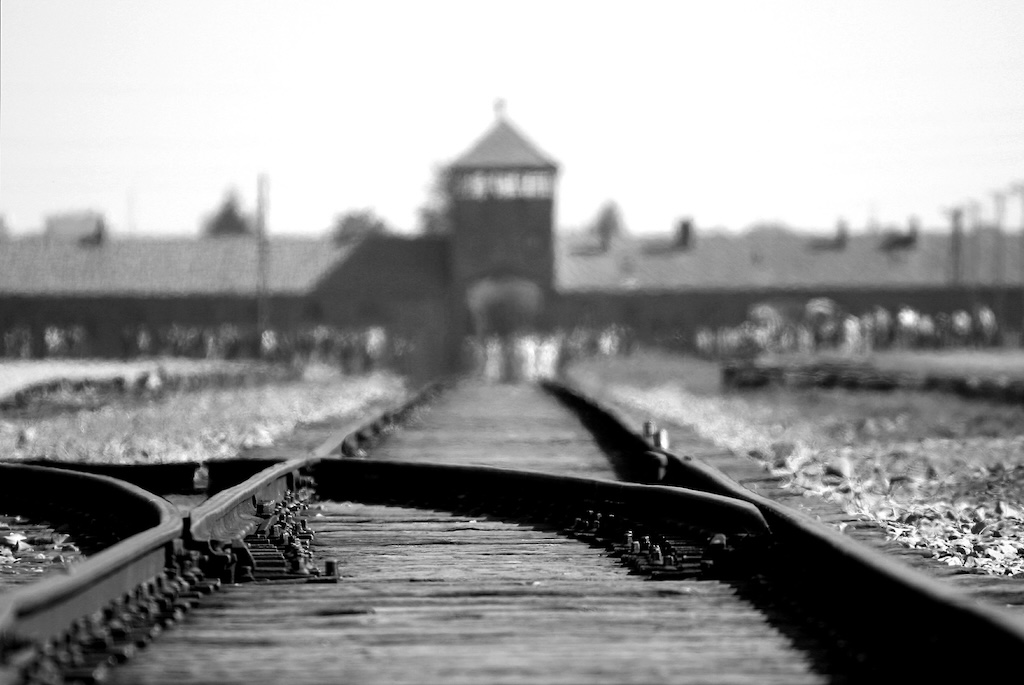
Leaving the Prague part of the work to trusted friends, he returned to England to figure out the logistics of the children’s arrival. England’s immigration laws stated that there must be a family to take care of the child and a 50-fee for each. That was no small sum and paperwork from the government for the children constantly ran behind. Winton would tend to his day job and then would run home to continue work on this project. At times, he had to resort to forging documents to speed the process, the government was so slow to move on. He advertised in newspapers for families for the children, posting photos and short descriptions of each child. He was in a constant meeting with families, the press, and anyone else he felt could help.
In March of 1939, the first group of children boarded a plane for Britain. Seven times after that, his transport arrangements took children from Prague. Starting on the train from Wilson Train Station in Prague, taking a ship across the English channel to arrive in London. The logistics were a nightmare and there were problems but overall 669 children would be saved.
One survivor described his first night in England. He and a few other boys had not been claimed by nightfall. A cabby pulled up and asked if the boys had eaten. When they replied they had not, he drove them to a fish and chip place and purchased their meals. He then took them home to a one-room flat he shared with his wife and child and gave them a warm place to sleep for the night. Life may not have been easy but they were safe.
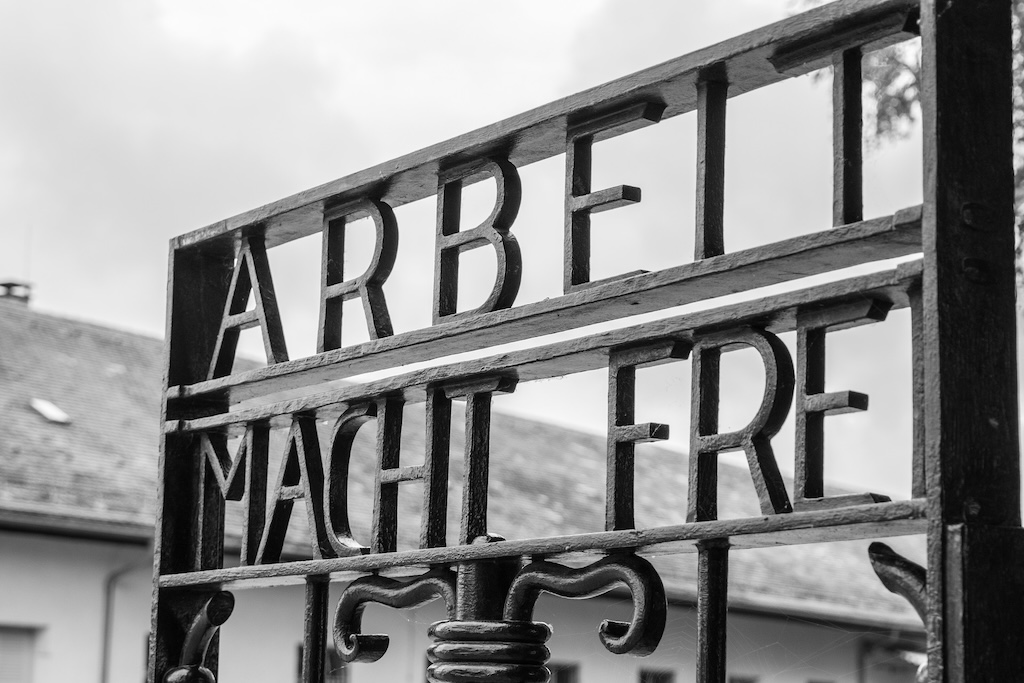
September 1, 1939, was to be the largest transportation of the children, 250. Unfortunately, it was the day Germany invaded Poland and all German borders were closed. In his own words, “we had 250 families waiting at Liverpool Street in vain. If it had left a day earlier it would have come through. Not a single one of those children were heard from again, which is an awful feeling.”
With the outbreak of war, he went back to the obscurity of life and remained that way for 50 years. Not a single one of his “children” ever knew who was responsible for saving them. He didn’t tell anyone, not even his wife.
It was not until 1987 that she finds out, quite by accident. She was cleaning the attic and found a box with photos, letters, and a scrapbook. She would later take them to various press agencies, none of whom showed much interest. She found the historian, Dr. Beth Maxwell, who was married to Robert Maxwell, the newspaper magnate. Through this connection, the story was printed and in 1988, Winton was featured on the British TV show “That’s Life,” where he would meet some of his “children” for the first time. Since the program was nationwide, many “children” would later contact him. He was often called a Hero, a term he did not like. He stated, “I was not heroic because I was never in danger”.
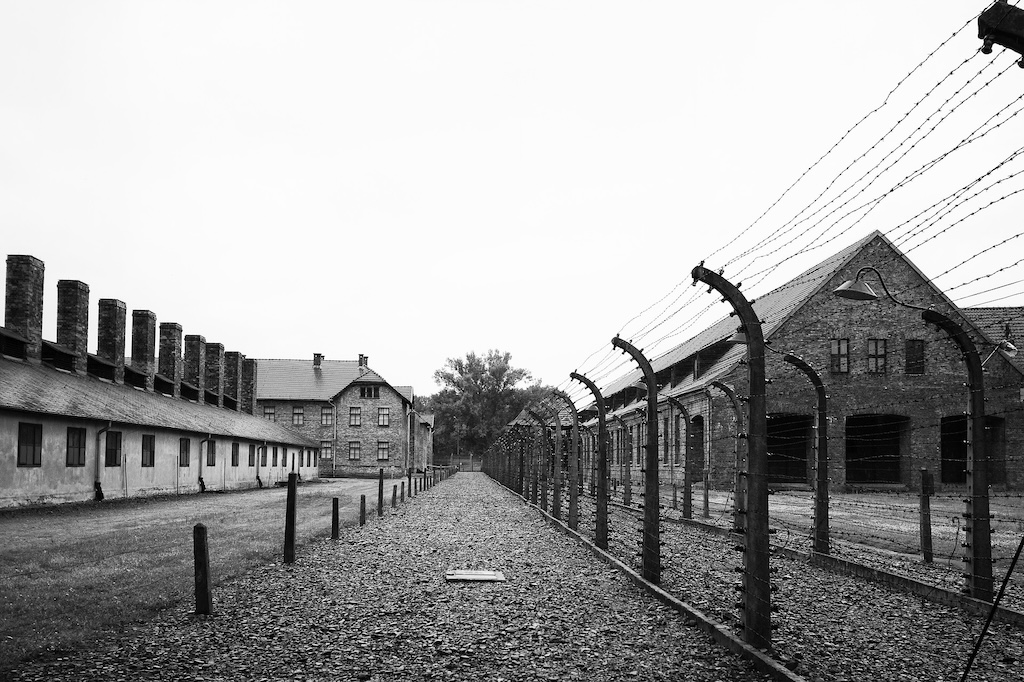
Interestingly enough, when I went to learn of any awards he was given, the first I saw was in the 1983 Queen’s Birthday Honours – he was appointed a Member of the Order of the British Empire. He did not get this honour for his work in Prague but for his work establishing the Abbeyfield homes for the elderly in Britain. He would later be knighted by Queen Elizabeth and given various honours in England for his work in Prague. In the Czech Republic, it is much the same culminating in 2014, when he was flown from England to Prague Castle and given the Honour of the White Lion. I could go on about his awards but I think the first one mentioned is the most telling. He never felt his job was done after WWII. To quote Sir Nicholas Winton, “Don’t be content in your life just to do no wrong, be prepared every day to try to do some good.”
Sir Nicolas Winton died on July 1, 2015, at the Park Hospital in Slough UK. This was the 76th anniversary of a train carrying 241 children leaving Prague. The largest transport he successfully accomplished. His son said he died peacefully in his sleep.
You can learn more about Nicolas Winton on our Prague City Highlights tour or simply ask any of our guides.
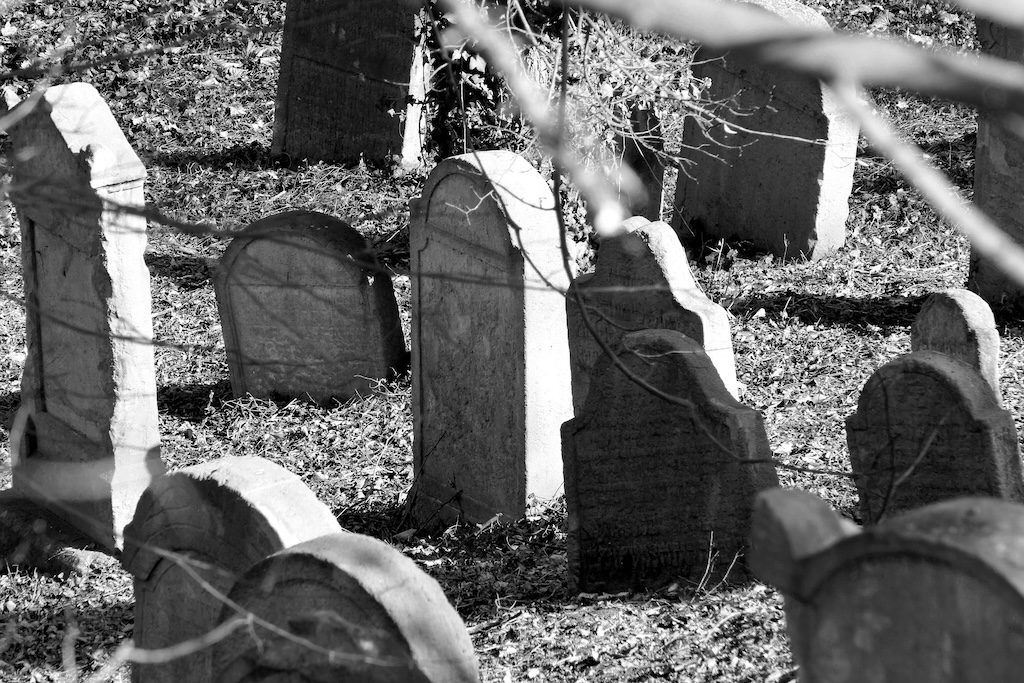
January 27, 2019

